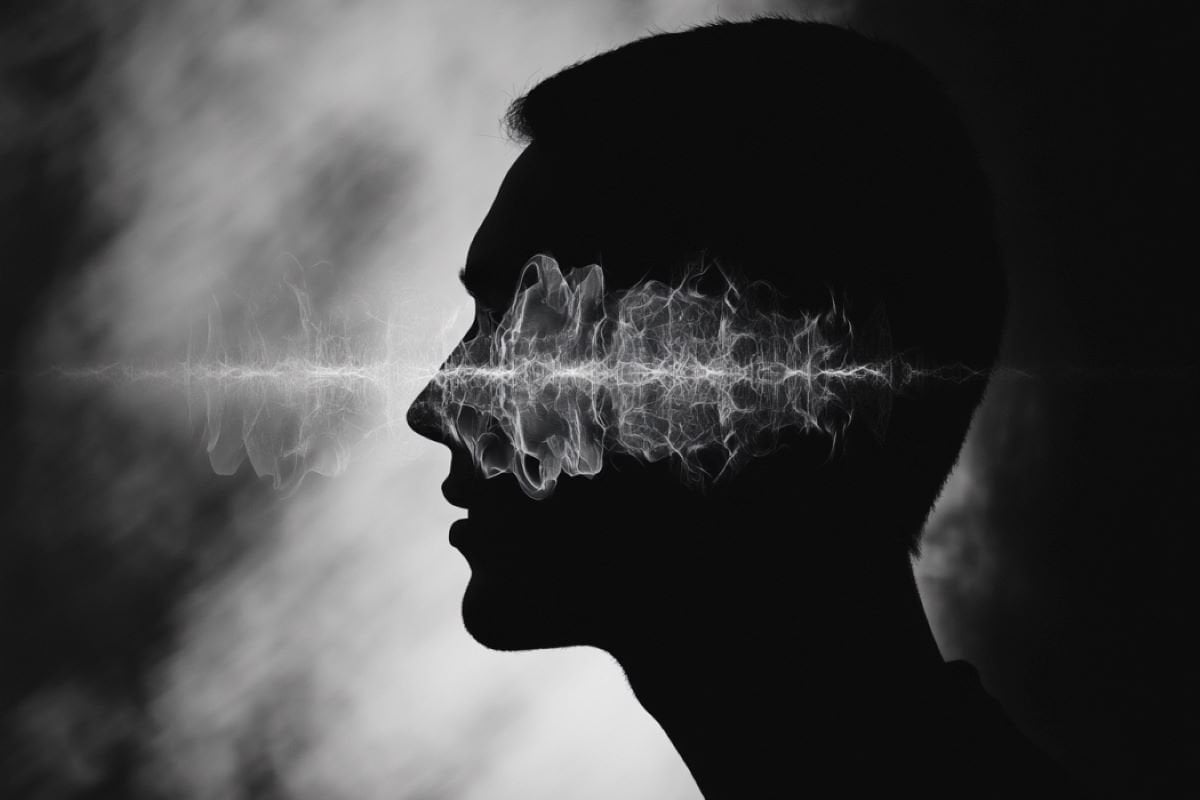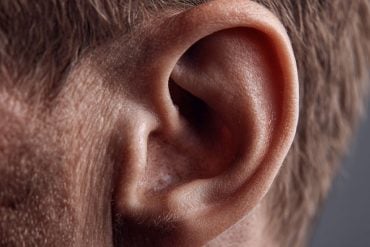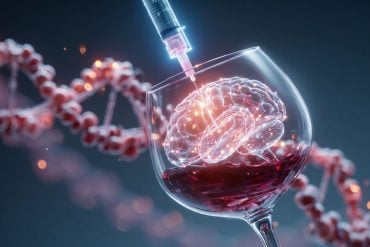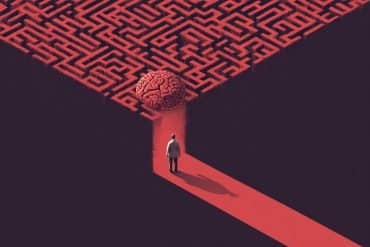Summary: A new study reveals that auditory hallucinations in schizophrenia may be caused by two faulty brain processes: a failed suppression of self-generated sounds and an overactive response to internal noises. The research showed that patients with hallucinations had a “broken” corollary discharge and an enhanced response to unintended sounds, compared to those without hallucinations.
These findings suggest that future treatments for auditory hallucinations could target these disrupted processes.
Key Facts:
- Auditory hallucinations stem from a faulty suppression of self-generated sounds.
- Patients with hallucinations had an overactive brain response to unintended sounds.
- Targeting these processes could lead to new treatments for auditory hallucinations.
Source: PLOS
Auditory hallucinations are likely the result of abnormalities in two brain processes: a “broken” corollary discharge that fails to suppress self-generated sounds, and a “noisy” efference copy that makes the brain hear these sounds more intensely than it should.
That is the conclusion of a new study published October 3rd in the open-access journal PLOS Biology by Xing Tian, of New York University Shanghai, China, and colleagues.
Patients with certain mental disorders, including schizophrenia, often hear voices in the absence of sound. Patients may fail to distinguish between their own thoughts and external voices, resulting in a reduced ability to recognize thoughts as self-generated.

In the new study, researchers carried out electroencephalogram (EEG) experiments measuring the brain waves of twenty patients diagnosed with schizophrenia with auditory hallucinations and twenty patients diagnosed with schizophrenia who had never experienced such hallucinations.
In general, when people are preparing to speak, their brains send a signal known as “corollary discharge” that suppresses the sound of their own voice.
However, the new study showed that when patients with auditory hallucinations were preparing to speak a syllable, their brains not only failed to suppress these internal sounds, but had an enhanced “efference copy” response to internal sounds other than the planned syllable.
The authors conclude that impairments in these two processes likely contribute to auditory hallucinations and that targeting them in the future could lead to new treatments for such hallucinations.
The authors add, “People who suffer from auditory hallucinations can ‘hear’ sounds without external stimuli. A new study suggests that impaired functional connections between motor and auditory systems in the brain mediate the loss of ability to distinguish fancy from reality.”
About this schizophrenia and auditory neuroscience research news
Author: Claire Turner
Source: PLOS
Contact: Claire Turner – PLOS
Image: The image is credited to Neuroscience News
Original Research: The findings will appear in PLOS Biology







